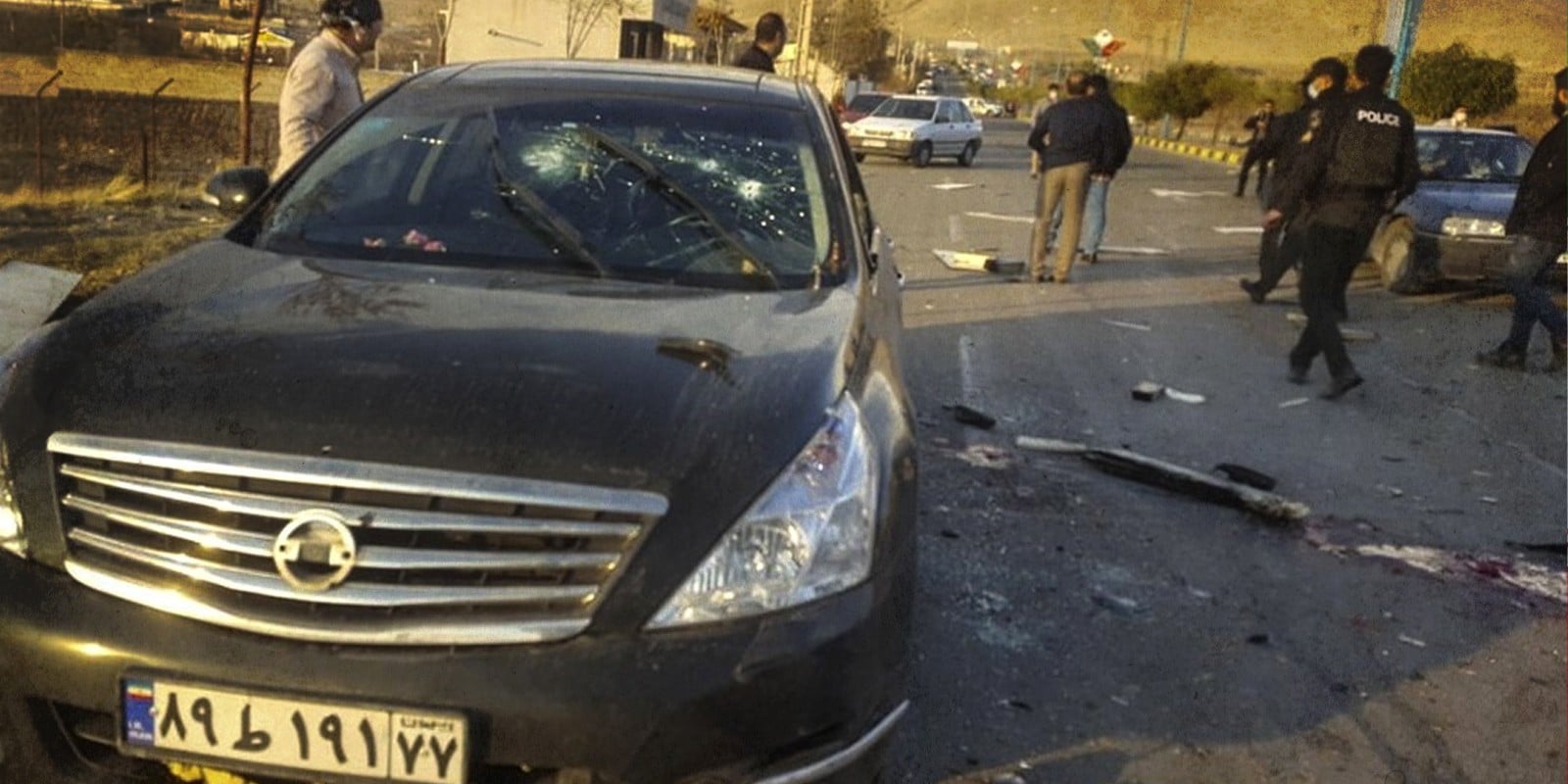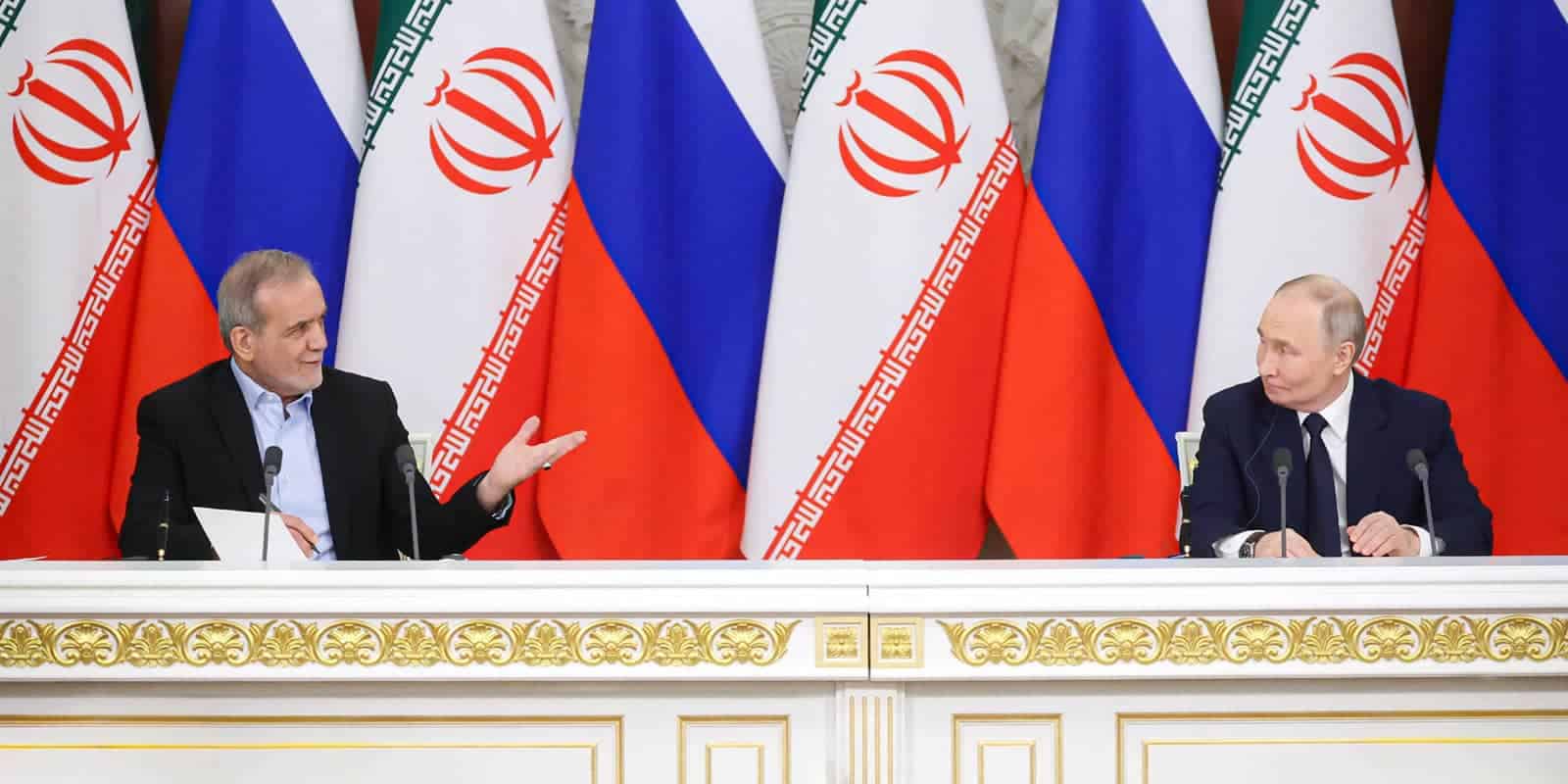It goes without saying that the death (or shall I say the assassination) of Dr. Mohsen Fakhrizadeh, who headed Iran’s military nuclear program – and who also dealt with North Korea over ballistic missile capabilities – is an event of strategic significance as much as the killing of Quds Force Commander Gen. Qassem Soleimani was at the beginning of this year.
As Prime Minister Benjamin Netanyahu said in 2018, when he revealed the findings of a covert Mossad operation to recover the Iranian nuclear archives, the AMAD program, which Fakhrizadeh led, was a reincarnation of the project for developing nuclear weapons.
This is therefore a major blow to Iran’s leadership, on a number of levels. First of all, it is a blow to the project itself, which he headed for so many years. Of course, everyone is replaceable, and working with him on developing the Iranian bomb were several colleagues, although some of them had met their maker at the beginning of the decade under various circumstances. Someone will take his place, but if one can learn from the significance of Soleimani’s killing – and other cases in history – there are organizations, especially in the covert world, that find it difficult to recover from the death of a dominant figure that led them.
Furthermore, the fact that a man at this level can be a target in a shooting attack shows once again that Iran has an acute problem when it comes to intelligence vulnerability
This is on top of the assassination of the senior al-Qaida figure Abu Muhammad al-Masri in August 2020, which was attributed to Israel; the massive explosion at the nuclear facility in Natanz at the beginning of this July; the killing of Soleimani by the US; and even the transfer to Israel of the nuclear archives two and a half years ago. This level of intelligence vulnerability, which shows the depth of penetration and the capabilities to act that the Iranians themselves attribute to Israel, has a cumulative effect of intimidation and deterrence.
Another aspect that – certainly in Iranian’s minds – has to do with the recent meeting between Netanyahu, Saudi Crown Prince Mohammed bin Salman and US Secretary of State Mike Pompeo in Neom, is the message being sent to the next administration. When president-elect Joe Biden enters office, he will not be able to treat the Iranian nuclear project as “just” another diplomatic issue that can be resolved with a “fair” compromise reached through negotiations.
The Iranian sprint to military nuclear capability must be stopped completely, with ongoing US pressure – that may perhaps lead to a tighter deal without an expiration date (“sunset clauses”) and that will be reached through a position of power. If not, there are other, diverse options on the table: what happened to Fakhrizadeh is an illustration of what could happen if the current movement is not halted.
Published in Israel Hayom, 29.11.2020
JISS Policy Papers are published through the generosity of the Greg Rosshandler Family.
Photo: farsnews















Israel’s Veteran Peace Partners: The Role of Egypt and Jordan in the Context of Trump’s Gaza Plan